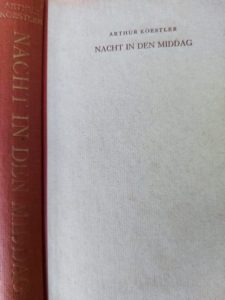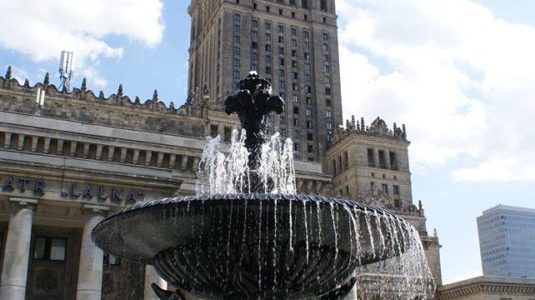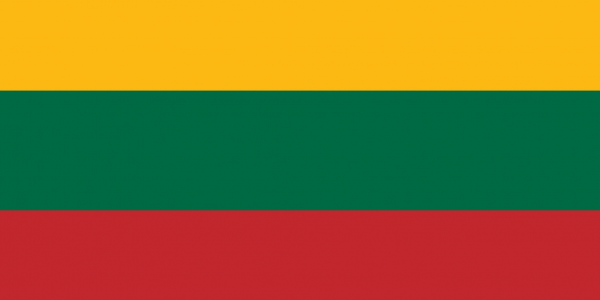Patrick van Schie
Eighty years ago, at the end of 1940, Darkness at noon was published, translated from German. The writer, Arthur Koestler, was an old communist who had lost his illusions due to the Great Terror (1936-1938) in the Soviet Union. He wrote this off between 1938 and 1940, in a novel in which he featured the fictional character Rubashov who was “getting ready” for his show trial. Rubashov was a model for all those top executives from the CPSU (Communist Party of the Soviet Union) whom Stalin dealt with because they got in his way or who possibly endangered his position. In other words, every communist in a position of any significance that was not just a heel-licker.
The book needed some time to catch on. At the end of 1940, the Western world had other headaches. A large part of continental Europe had been overrun by Hitler’s Third Reich six months earlier. And Britain had just gone through the Battle of Britain but was still alone in the fight against Nazi Germany. After the Second World War, more attention was paid to Koestler’s book as tensions between the West and the Soviet Union increased. Half a million copies were sold in France. A first translation into Dutch appeared in September 1946. One edition after another soon followed.
The reader experiences the Great Terror through the eyes of the protagonist Rubashov, locked up in a cell number 404. The reader follows what went through Rubashov’s head, how he communicated via knock signals with prisoners in the cells next to his own, his memories of the time before his imprisonment as well as the many interrogations to which he was subjected. His cell – 6½ steps in length – and the interrogation room are the principal places of action. Rubashov is a victim of the cruel arbitrariness of the system, but we should not feel too sorry for him. He is (still) a devoted top communist, who only has the bad luck that he is not “No. 1 “[Stalin] in charge of the central country of the proletarian Revolution (which is not mentioned by name). Rubashov is spared physical torture, except that during his third and final long series of interrogations he barely gets a chance to sleep and during the interrogations a bright and hot lamp is pointed at him. It’s enough to break him; he is willing to admit any false accusation as long as he is allowed a night’s rest. He will only get more than a single hour of sleep after the list of self-accusations that he will “confess” during his show trial has grown long enough.
On this gray, depressed “stage”, it is Rubashov’s own thoughts that most aptly describe the core of a communist system. Like the words he spoke to a young “comrade” when he himself was still at large: “The Party, comrade, is more than you and I and a thousand others like you and me. The Party is the embodiment of revolutionary thought in history. […] History knows its way. History makes no mistakes. He who does not place full trust in history does not belong in the ranks of the Party.” Or, pondering in his cell, getting to the core of communism, “The individual was nothing, the Party was everything.”
In the diary that Rubashov keeps in his cell, he writes disdainfully about the liberal rule of law with his “fair play”. With its “cricket morality” no revolution can be made and accomplished. For “us revolutionaries … the question of subjective good faith is of no importance. He who is wrong must pay and he who is right will be acquitted. That is the law of historical confidence and that was our law. “Opposition to the party leadership means hindering the revolution. Anyone who disagrees with the party leader must therefore be eliminated. This is the icy and inexorable logic of the proletarian revolution.
En passant, the reader learned in the 1940s that in the country of “No 1” [Stalin], 5 million peasants and their families had just been murdered and another 10 million taken as slaves to Siberian camps. It remains to be seen whether the protagonist Rubashov mourns for this much. However, in his final hours, just before the execution, he reconsiders the essence of the communist system: “the “I” [is] a suspicious quality. The Party did not recognize its existence. The definition of the individual was an amount of a million divided by a million. The Party denied the individual’s free will – and at the same time demanded its wilful self-sacrifice.”
Quotes are freely translated based on the original text from the 6th Dutch edition published in July 1947




Follow Us!